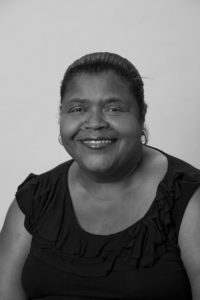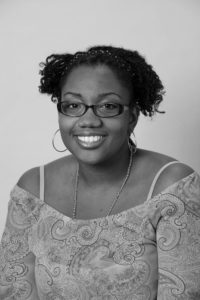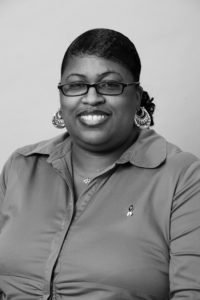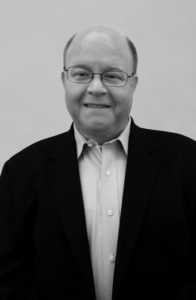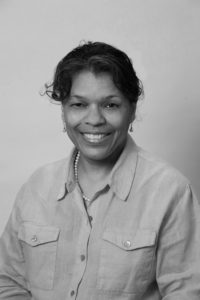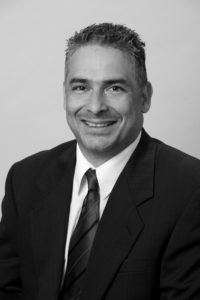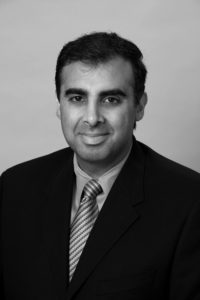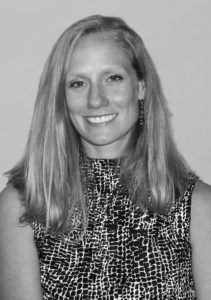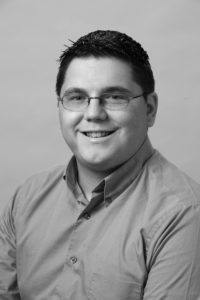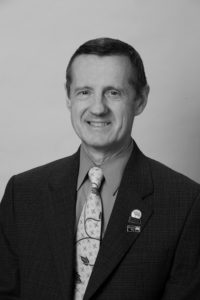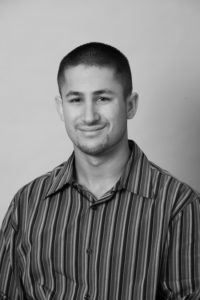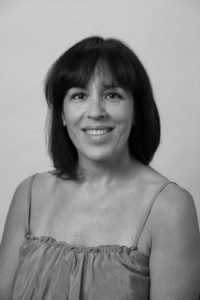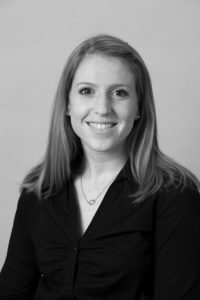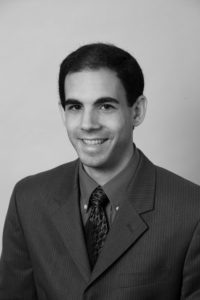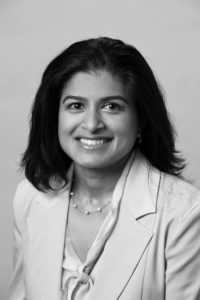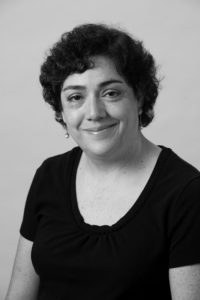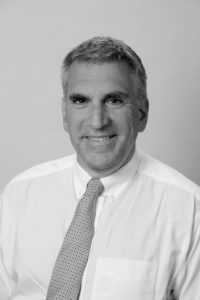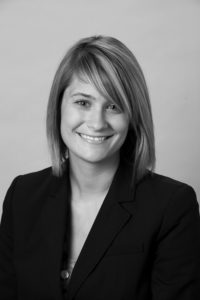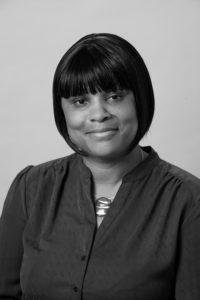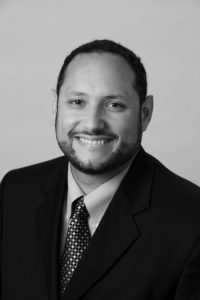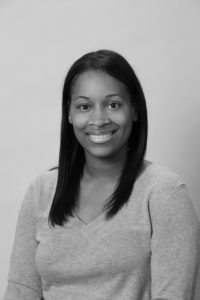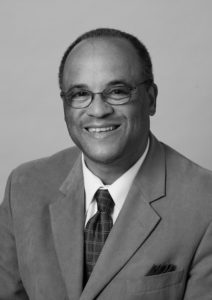WHY LEADERSHIP MATTERS TO US
The Connecticut Health Foundation has a long record of investing in leadership because we believe it is critical to have leaders who are passionate about creating a more equitable system – and who have the tools to do so.
This means ensuring that leaders understand how to embed health equity into their policies and practices.
It also means ensuring that leaders reflect the communities they serve, and that the people most affected by inequities are at decision-making tables.
The way we support leadership development has evolved over time – and will continue to adapt as the landscape changes.
OUR FELLOWS AND LEADERS NETWORK
More than 200 people have graduated from leadership programs the foundation ran from 2005 to 2017:
Health Leadership Fellows Program: This program, which ran from 2005 to 2015, was envisioned as a health equity incubator program, with cohorts of mid-career and experienced leaders from a wide range of fields. In 10 years, 194 fellows completed this program.
Academy for Health Equity Advocacy & Leadership: This 18-month intensive leadership development program was designed to support the next generation of leaders who could drive sustained change in the systems that affect health in Connecticut.
Our fellows and academy graduates remain part of a connected and active health equity network. A directory of graduates of our leadership programs is available below, along with biographies from when they participated in the program.
WHAT IS NEXT?
As health equity has become more widely recognized as a key component of health care and social services, we are adapting our leadership work to best serve the needs of those in the field. This can include supporting capacity-building, funding technical assistance, and convening those doing critical work in their communities and at the state level.
Stay tuned for more information as our leadership approach evolves!
